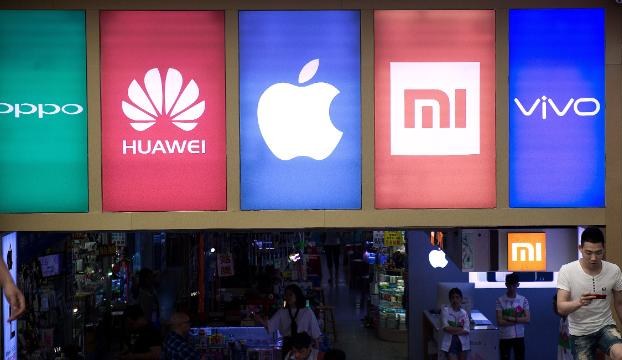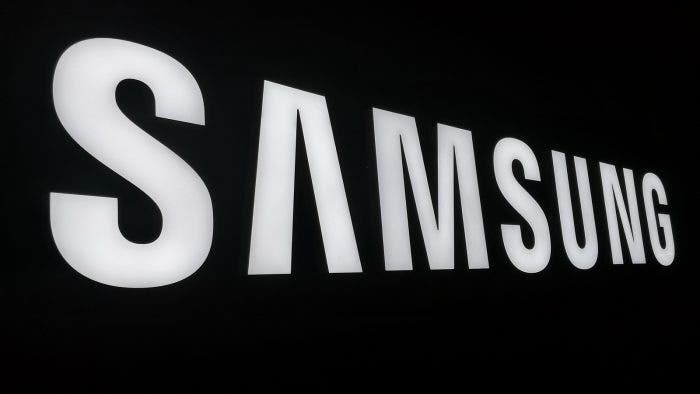As we can see, recently Samsung has been very successful. It seems that the coronavirus not only did not interfere with the Korean company; but, on the contrary, helped to consolidate the successes.
The company released a forecast that its third-quarter profit will be about 12.3 trillion won ($10.6 billion), up 58% from the same period last year. Samsung also reported that the company’s revenue increased nearly 5% to 66 trillion won ($57 billion).

This optimism and such indicators are especially interesting in light of the fact that the company reported a 56% decrease in profits throughout the year. Samsung did not specify what influenced such results, but, most likely, the growth was due to the high demand for the company’s products – many people had to work from home and more often needed an update of their devices.
The South Korean company sells more smartphones and TVs than any other brand, but it’s not just retail products that are doing so well. Samsung has a very successful business of selling memory chips to device makers around the world.
In recent months, Samsung’s chip manufacturing has received a boost from data centers. Revenue from parts sales increased by 13% in the second quarter to 18.2 trillion won.
Samsung is growing, Huawei is falling, and Apple third in August
At the end of August, Samsung regained leadership in the smartphone market. According to analysts at Counterpoint Research, the South Korean giant controls 22% of the mobile device market. This is not a bad achievement. The first half of this year was quite difficult for all companies due to the coronavirus pandemic and crisis. But it seems that the situation is gradually leveling off.
The US sanctions also did their job, provoking a decline in demand for Huawei products, which at the end of the previous month was in second place with a result of 16% of the market share. Recall that the Chinese company has been the leader among smartphone manufacturers since April this year.
Samsung owes its success primarily to the Indian market, where it has managed to consolidate its position. But even here, politics influenced the company’s success in the local market. Anti-Chinese feelings reigning in recent months due to the territorial conflict between India and China has led to an increase in demand for Samsung products and a boycott of Chinese goods.
In the third place at the end of August was Apple, whose share is estimated at 12%. The fourth line of the table of ranks of the largest smartphone manufacturers was taken by Xiaomi – 11%.

Follow Gizchina.com on Google News for news and updates in the technology sector.





